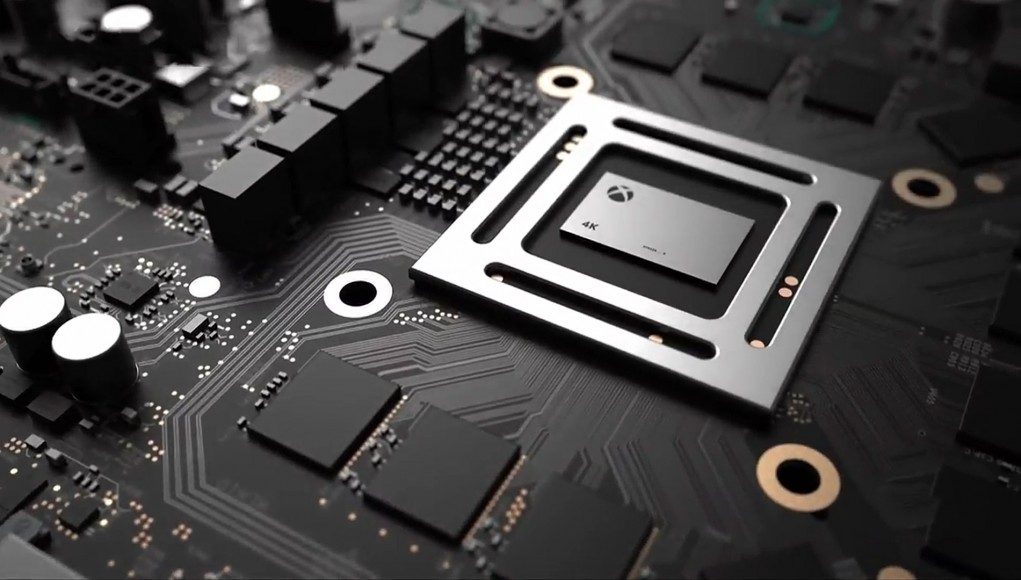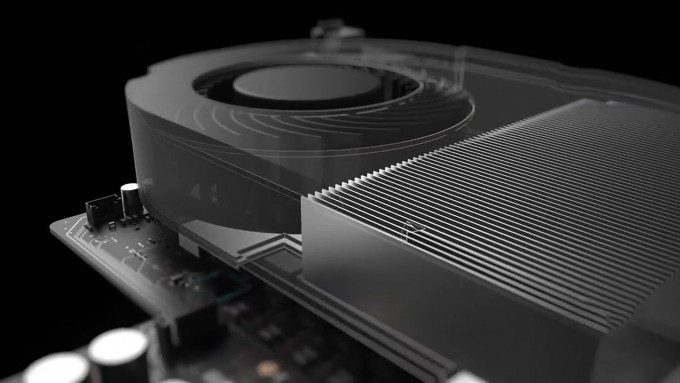Microsoft today announced ‘Project Scorpio’ a new Xbox console launching in 2017 which promises to bring “high fidelity VR” and 4K gaming to the console world.
At Microsoft’s Xbox E3 press conference today, the company finally made official the rumored ‘Project Scorpio’, a new Xbox console set to launch holiday 2017.
Details are incredibly thin at present. Microsoft says that Xbox Project Scorpio will support “high fidelity VR,” but didn’t announce what headsets the system would support or any other details. The obvious choice for VR support on the new Xbox console would be the Oculus Rift given Microsoft’s close relationship with the company, but the Rift was not specifically mentioned during the announcement.
“When it ships next year, Project Scorpio will be our most powerful console ever built, specifically to lead the industry into a future in which true 4K gaming and high-fidelity VR are the standard, not an exception,” the company says.
Microsoft says that Xbox One games will be forward compatible with Project Scorpio.
Xbox Project Scorpio Specs
Microsoft gave a brief overview of the Xbox Project Scorpio specs, claiming that the system will include the most powerful GPU in any game console to date.
- System will support 4K gaming at 60Hz
- 8 CPU cores
- 320 GB/s of memory bandwidth
- 6 TFLOP/s of GPU power









